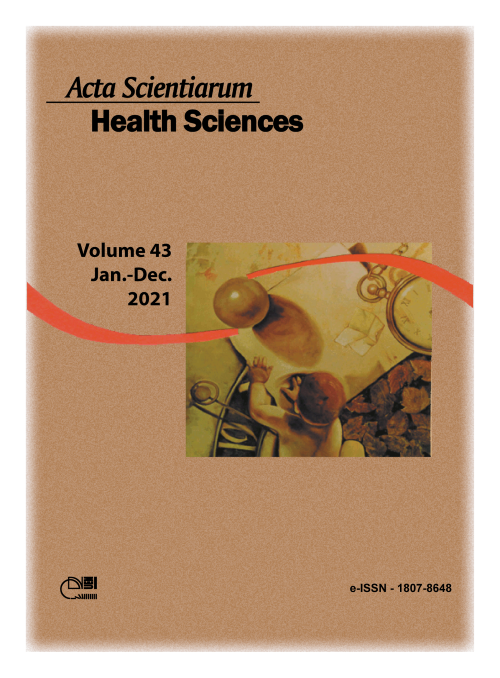In vivo protective effect of cinnamon aqueous extract in carbon tetrachloride-treated male albino rats
Resumo
The liver as an organ is important for the metabolism of drugs and toxins. However, it is not immune from environmental insults. Exposure of liver cells to carbon tetrachloride (CCl4) results in the generation of tricholoromethyl radicals, which induce liver toxicity. This study aims at investigating the ameliorative effect of the cinnamon aqueous extract (CAE) against CCl4-induced hepatotoxicity in male albino rats. Hepatotoxicity was induced in rats through the intraperitoneal administration of 0.5 mL kg-1 body weight of CCl4. The analyses of the results obtained showed significant reduction in the levels of serum biochemical markers for 400 and 600 mg kg-1 bw of CAE protected rats as compared with CCl4 group. In addition, CAE administration reversed liver tissue damaged via increased antioxidants markers. Histopathological examination of CAE treatment on rats showed improved changes to the liver damage caused by CCl4 with no evidence of steatosis and inflammation. This result hence suggests that CAE has marked hepatoprotective and healing activities against CCl4-induced liver damage and could serve as a suitable candidate in drug discovery for the treatment of liver toxicity.
Downloads
DECLARAÇÃO DE ORIGINALIDADE E DIREITOS AUTORAIS
Declaro que o presente artigo é original, não tendo sido submetido à publicação em qualquer outro periódico nacional ou internacional, quer seja em parte ou em sua totalidade.
Os direitos autorais pertencem exclusivamente aos autores. Os direitos de licenciamento utilizados pelo periódico é a licença Creative Commons Attribution 4.0 (CC BY 4.0): são permitidos o acompartilhamento (cópia e distribuição do material em qualqer meio ou formato) e adaptação (remix, transformação e criação de material a partir do conteúdo assim licenciado para quaisquer fins, inclusive comerciais.
Recomenda-se a leitura desse link para maiores informações sobre o tema: fornecimento de créditos e referências de forma correta, entre outros detalhes cruciais para uso adequado do material licenciado.
























5.png)







